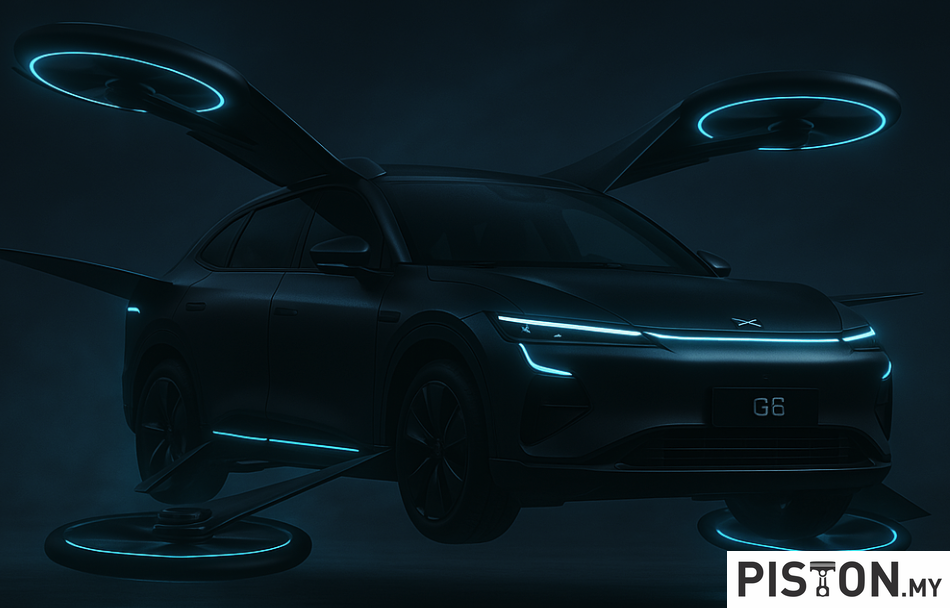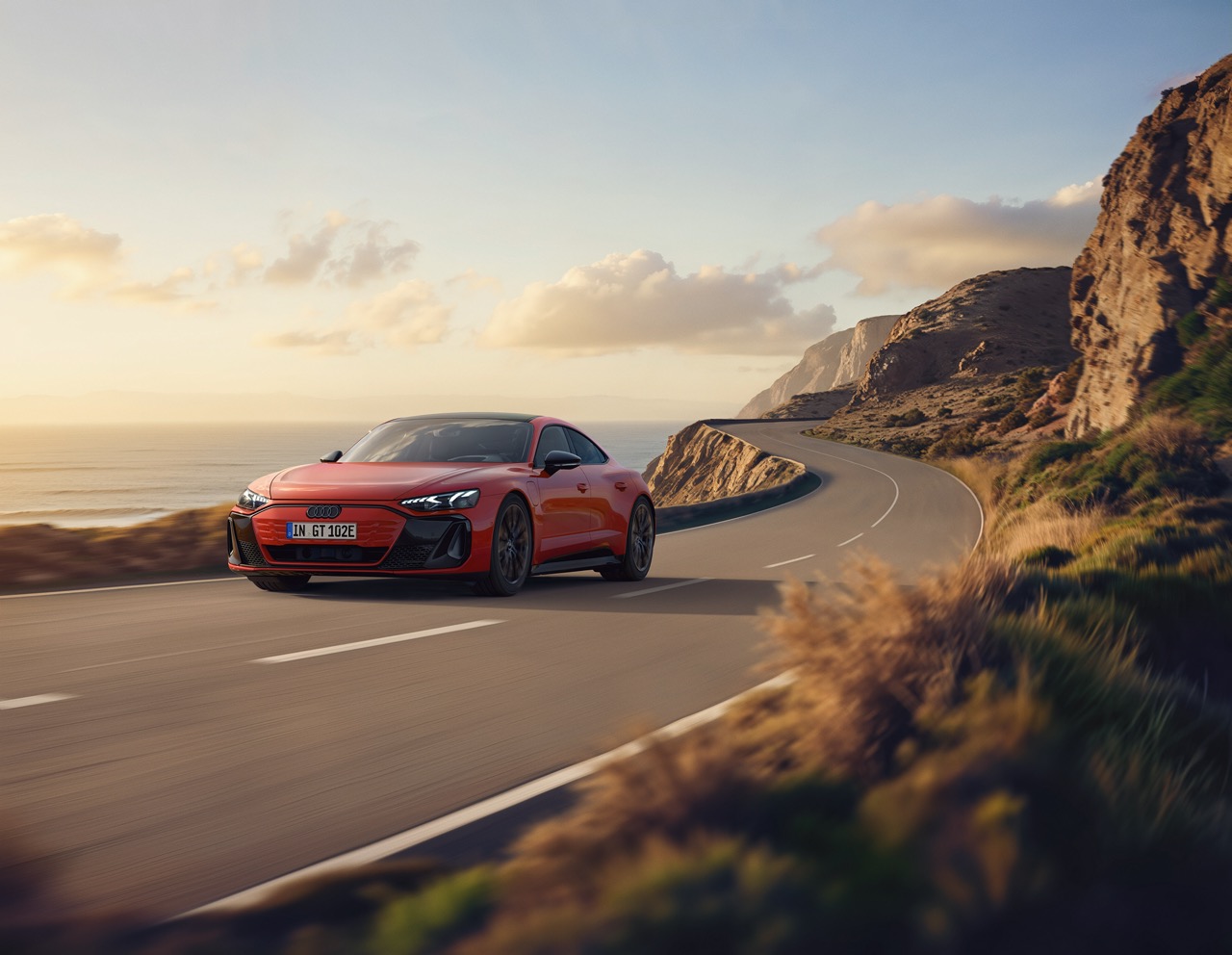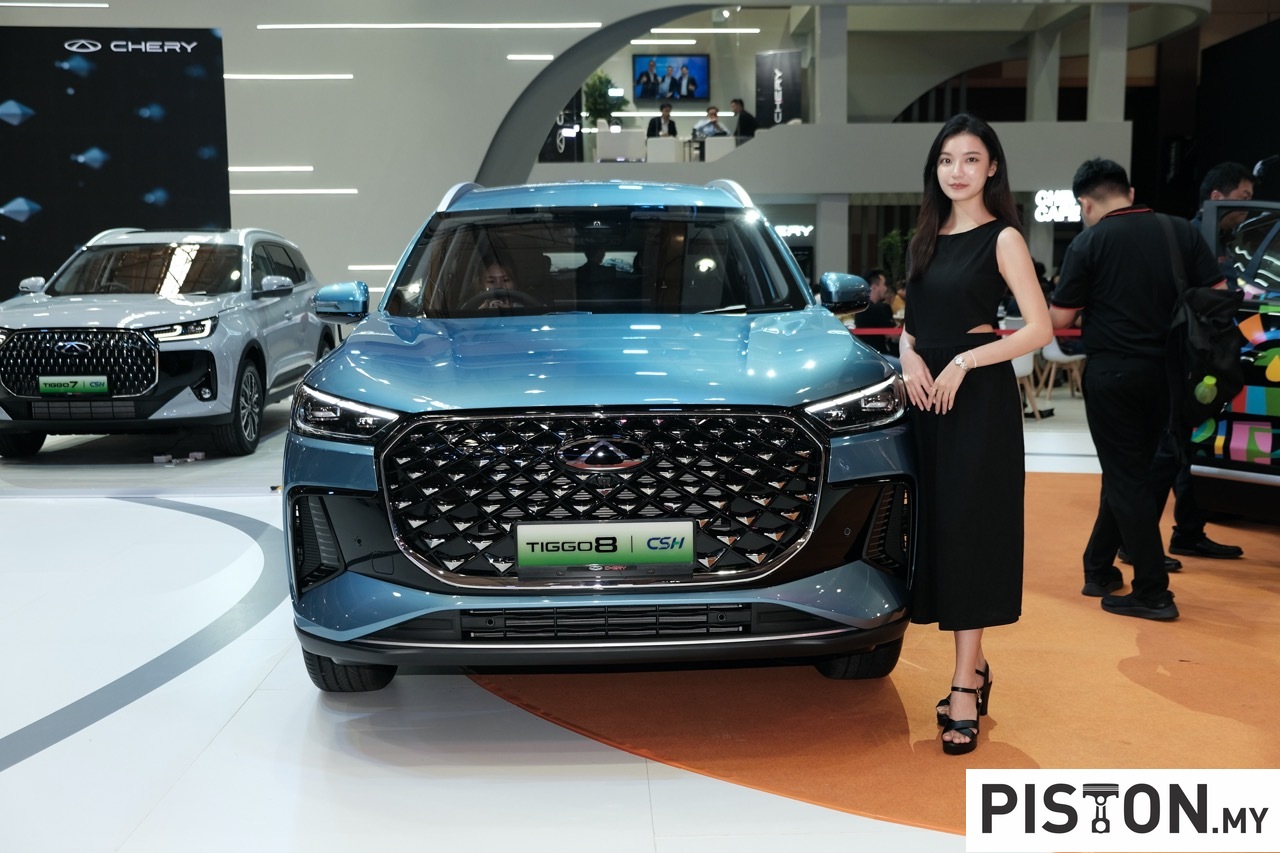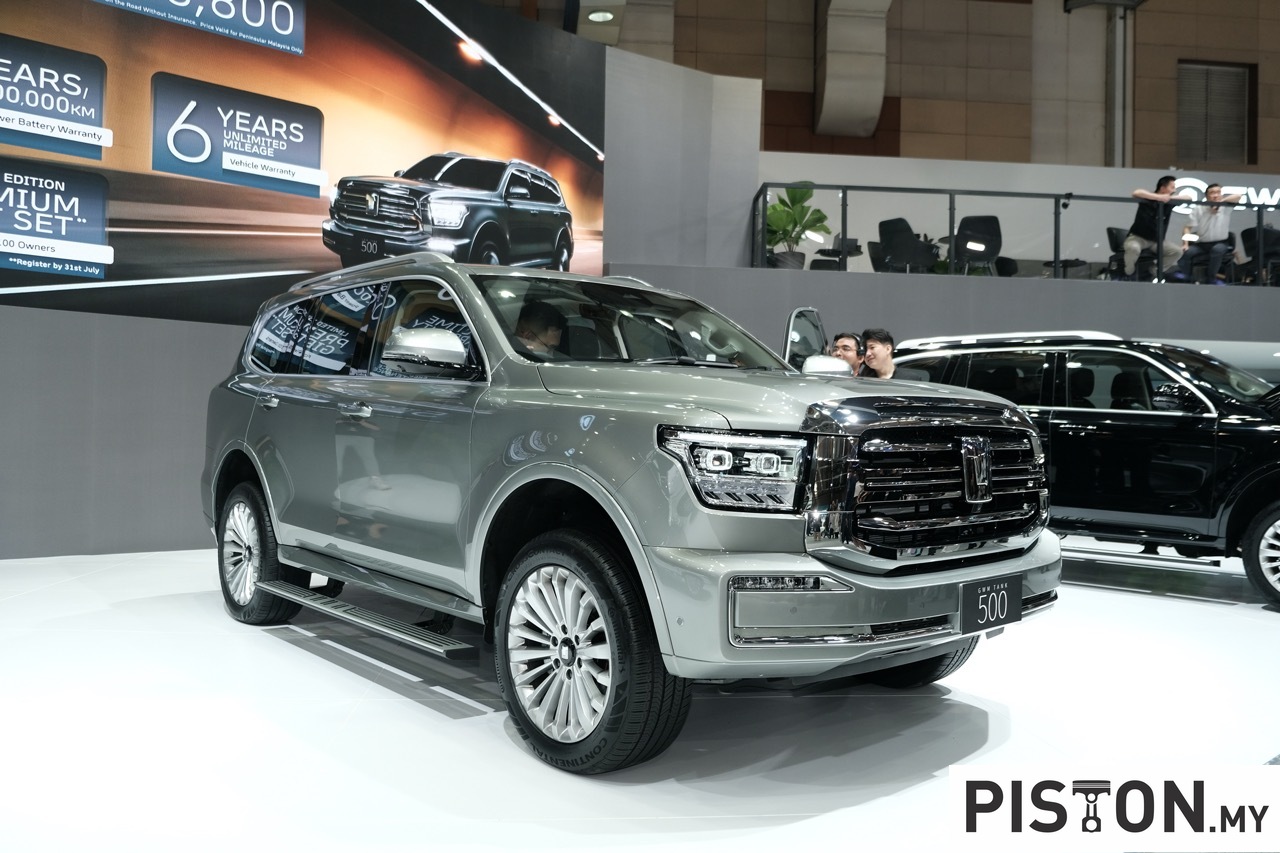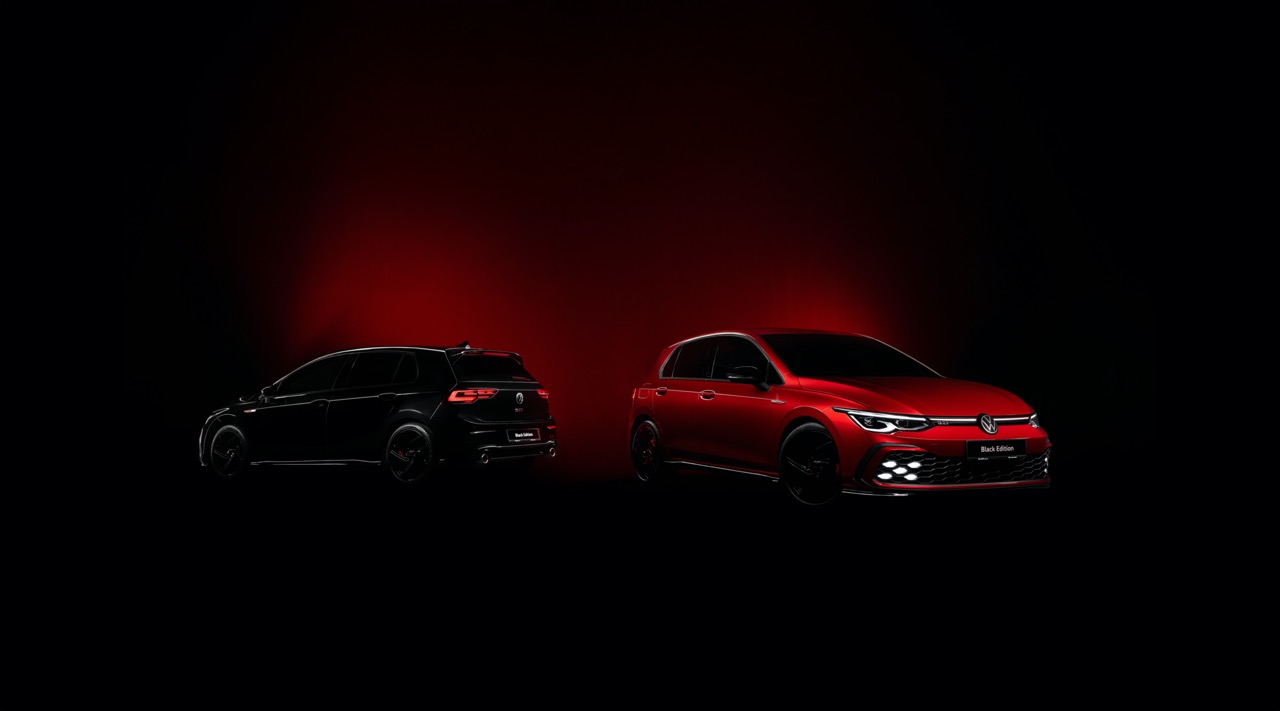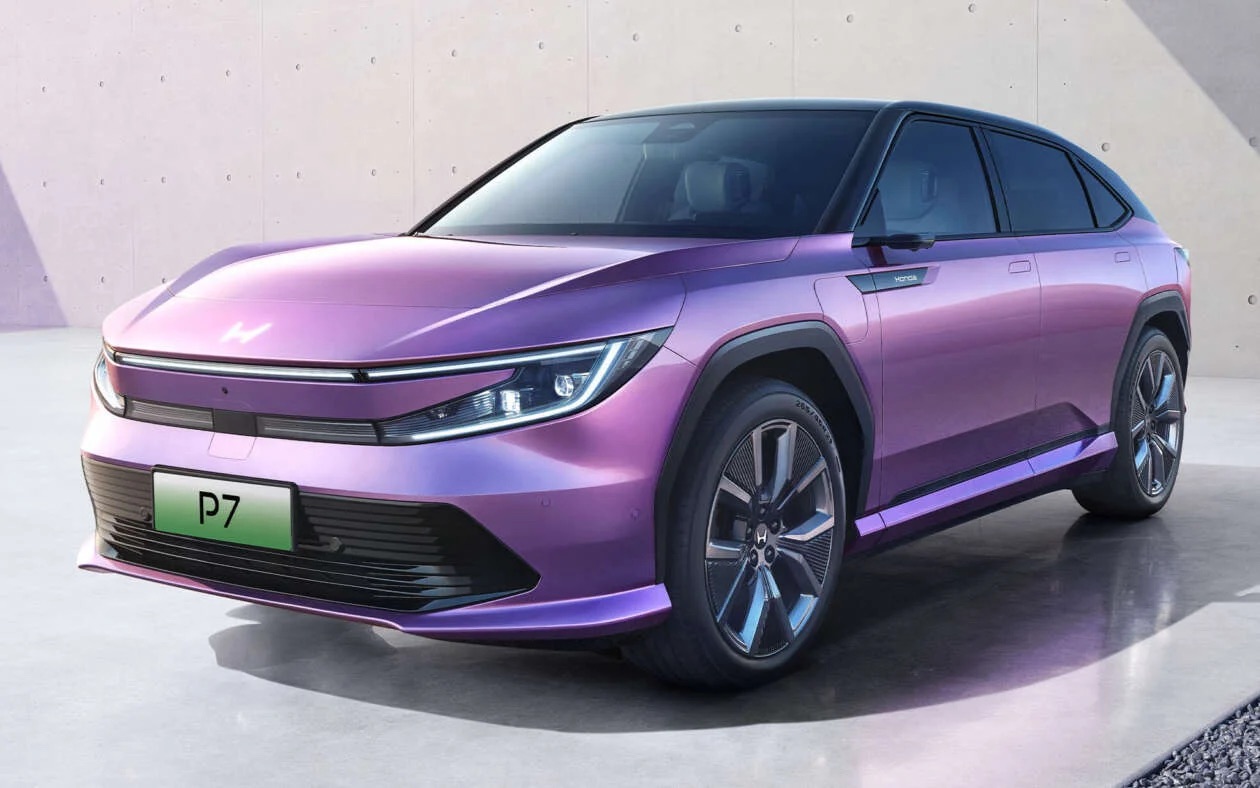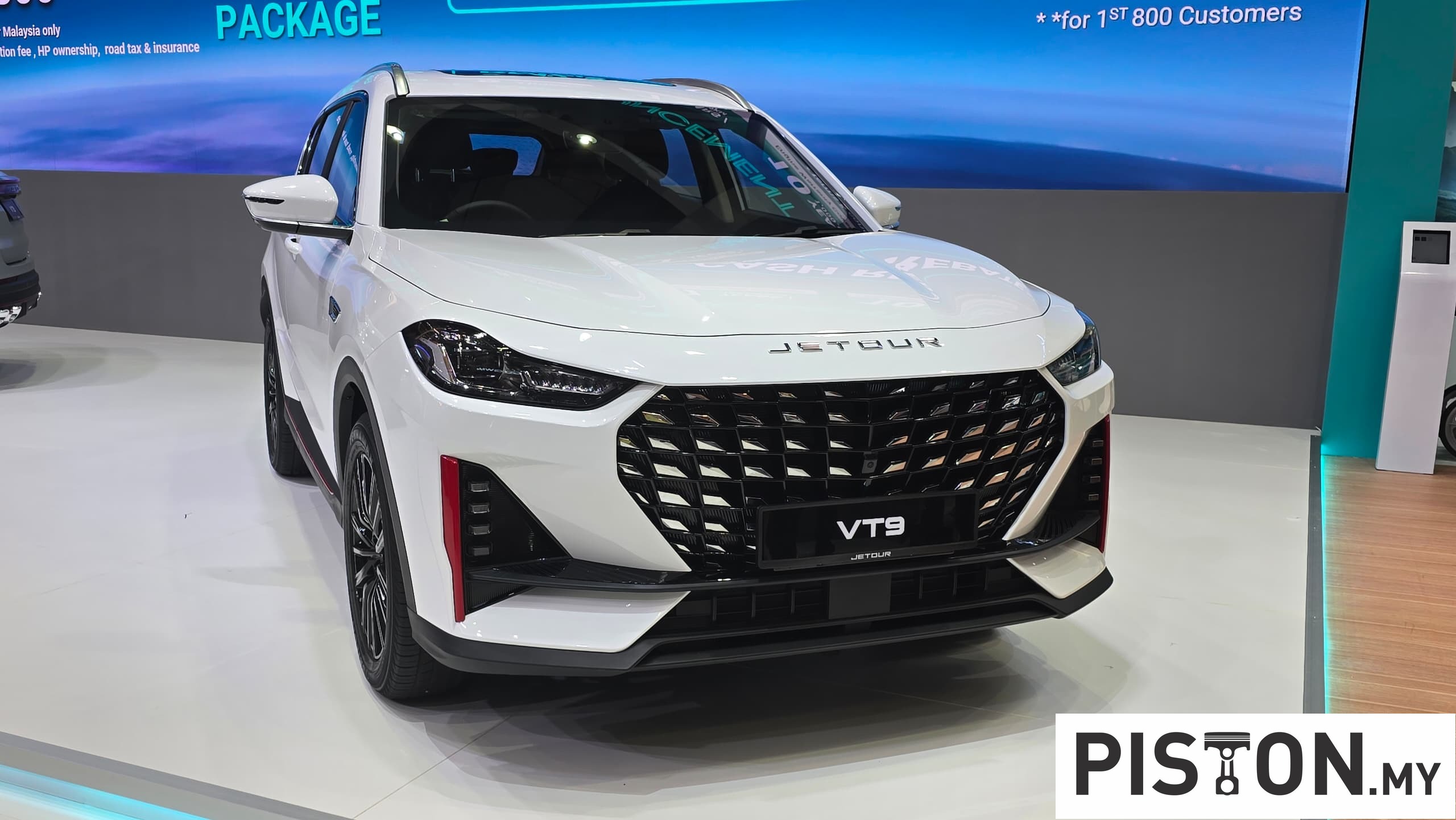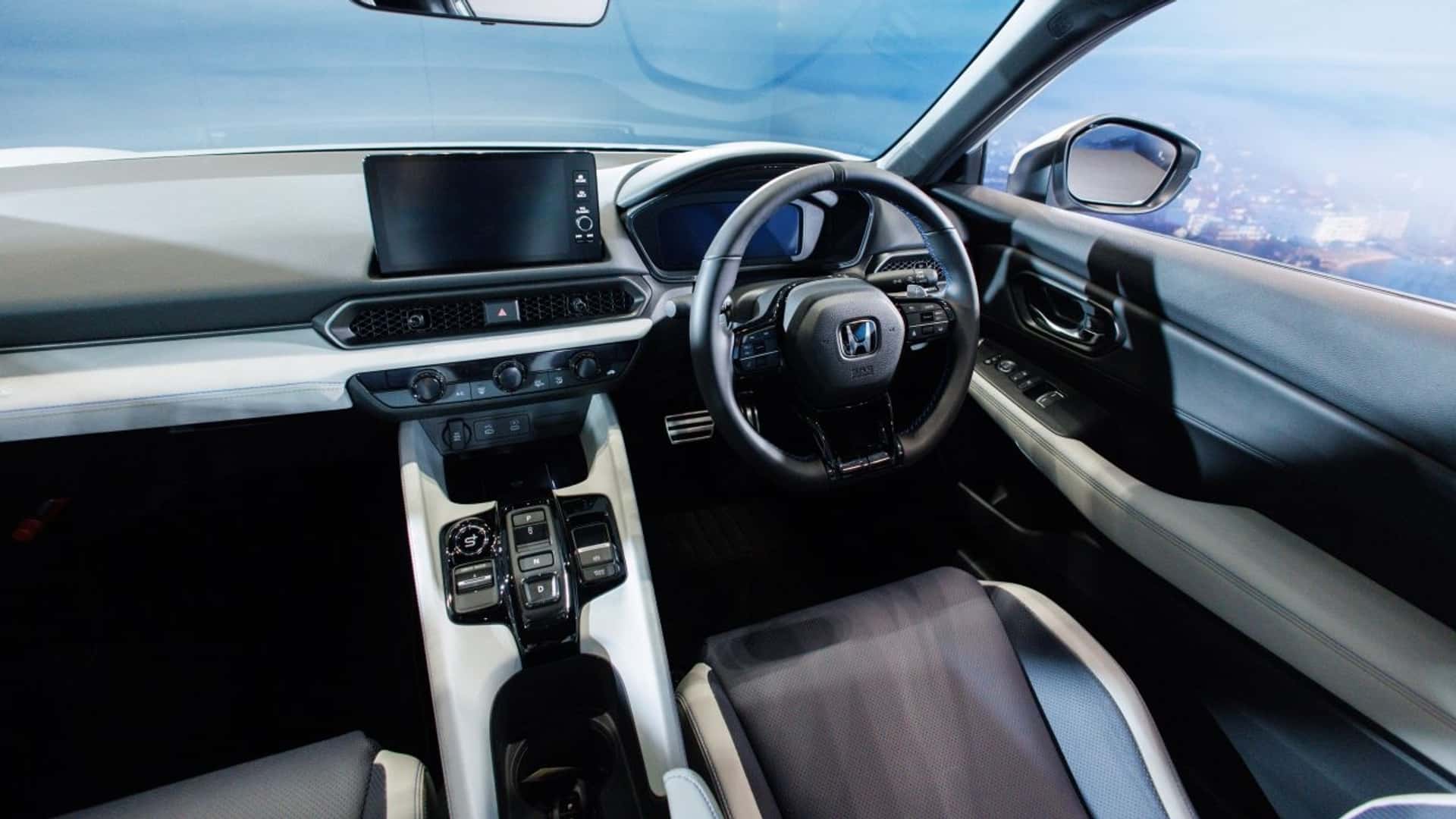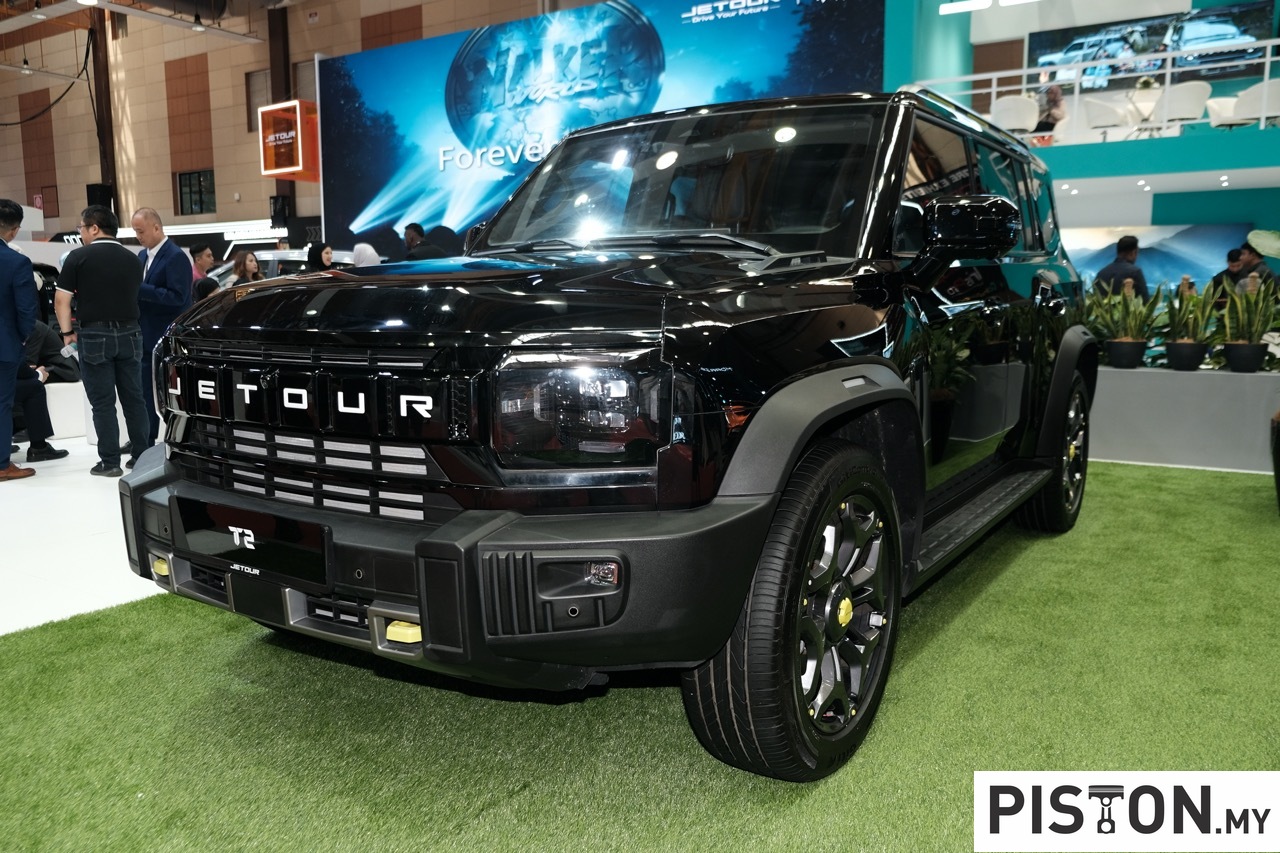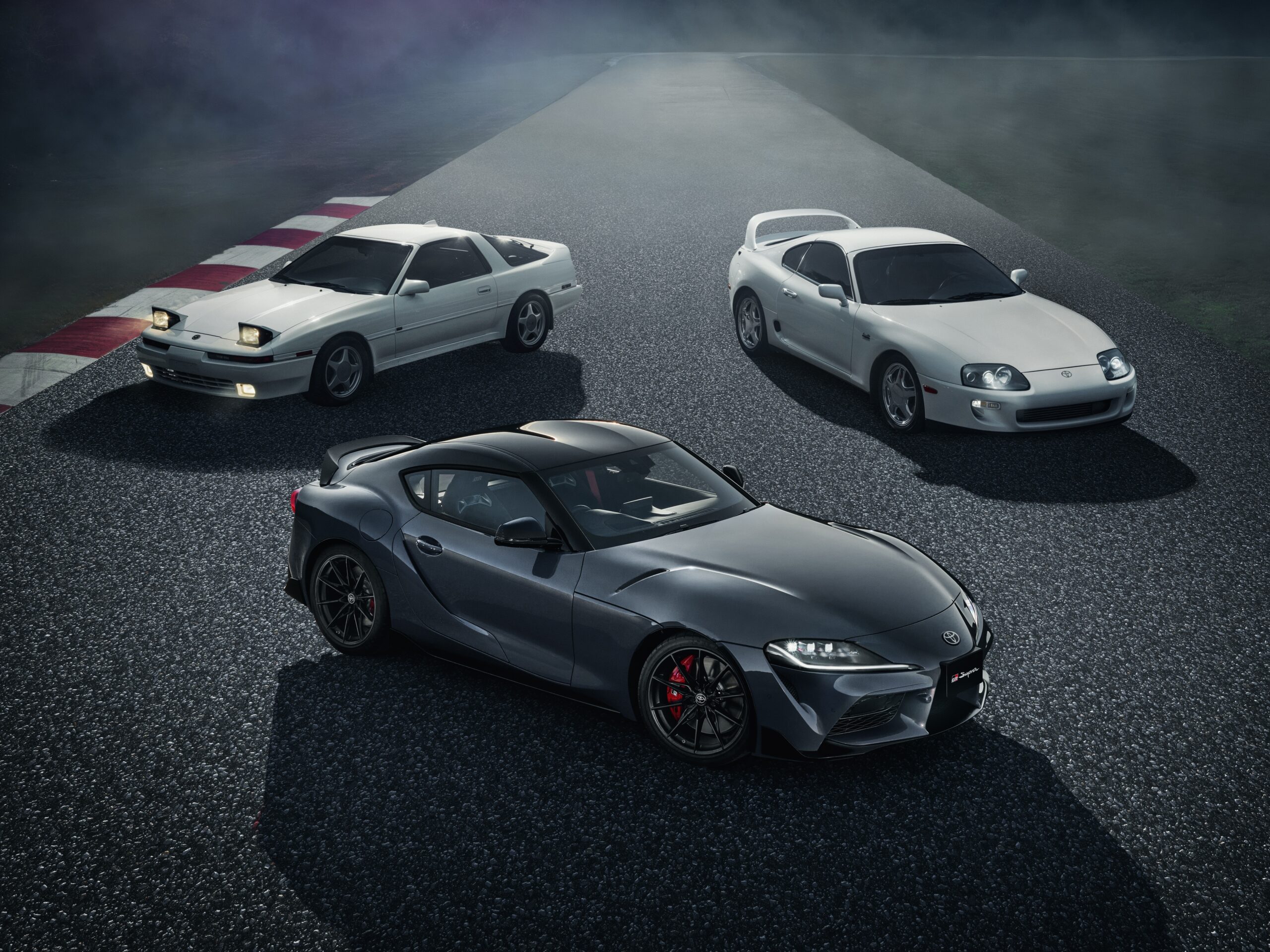XPENG, a Chinese electric vehicle (EV) manufacturer, is making a bold move into the future of transportation, committing 3 billion yuan to the development of electric vertical take-off and landing (eVTOL) aircraft. This ambitious investment underscores the company’s vision to transform the transport sector, with CEO He Xiaopeng forecasting that flying cars could soon eclipse traditional electric vehicles in market importance.
Speaking at the China EV100 forum in Beijing, He Xiaopeng emphasised the enormous potential of the flying car industry. While low-altitude aircraft currently represent only a small fraction—3 to 5 percent—of global automotive sales, they already account for 20 percent of sales revenue. He predicts that in the next two decades, the global flying car market could balloon to US$2 trillion, twice the size of the land vehicle market. This projection signals the company’s long-term commitment to the aerial mobility space, positioning itself as a leader in this emerging sector.
XPENG is taking concrete steps to turn this vision into reality. The company is constructing a new factory in its home city of Guangzhou, with plans to ramp up production of eVTOL aircraft. By 2026, the facility is expected to have an annual production capacity of 10,000 aircraft, marking a significant milestone in XPENG’s diversification beyond traditional EVs.
The company’s focus on flying cars comes as part of a broader strategy to navigate the increasingly competitive EV market in China. With EV sales in the country having surged to 11 million units in 2024, Xpeng, like many other manufacturers, is seeking new avenues for growth as the growth rate for new EV sales slows. Analysts predict that the rate of EV sales growth will slow to around 15 to 20 percent in 2025, compelling companies to look beyond electric vehicles to sustain their growth.
XPENG’s investment in eVTOLs aligns with its broader vision of intelligent and autonomous driving technologies. The company has also been advancing its autonomous driving systems, positioning itself to compete with global players like Tesla. He Xiaopeng’s statements about flying cars being a larger market than EVs underscore the company’s forward-thinking approach, aiming to be a leader not only in electric vehicles but also in the next generation of transportation technologies.
XPENG’s bold initiatives in the aerial transport sector are part of a wider trend among Chinese tech companies to innovate beyond traditional automotive solutions. As the company builds its Guangzhou facility and prepares to enter the flying car market, it is making strategic investments in future technologies that could redefine how people travel in the years to come.
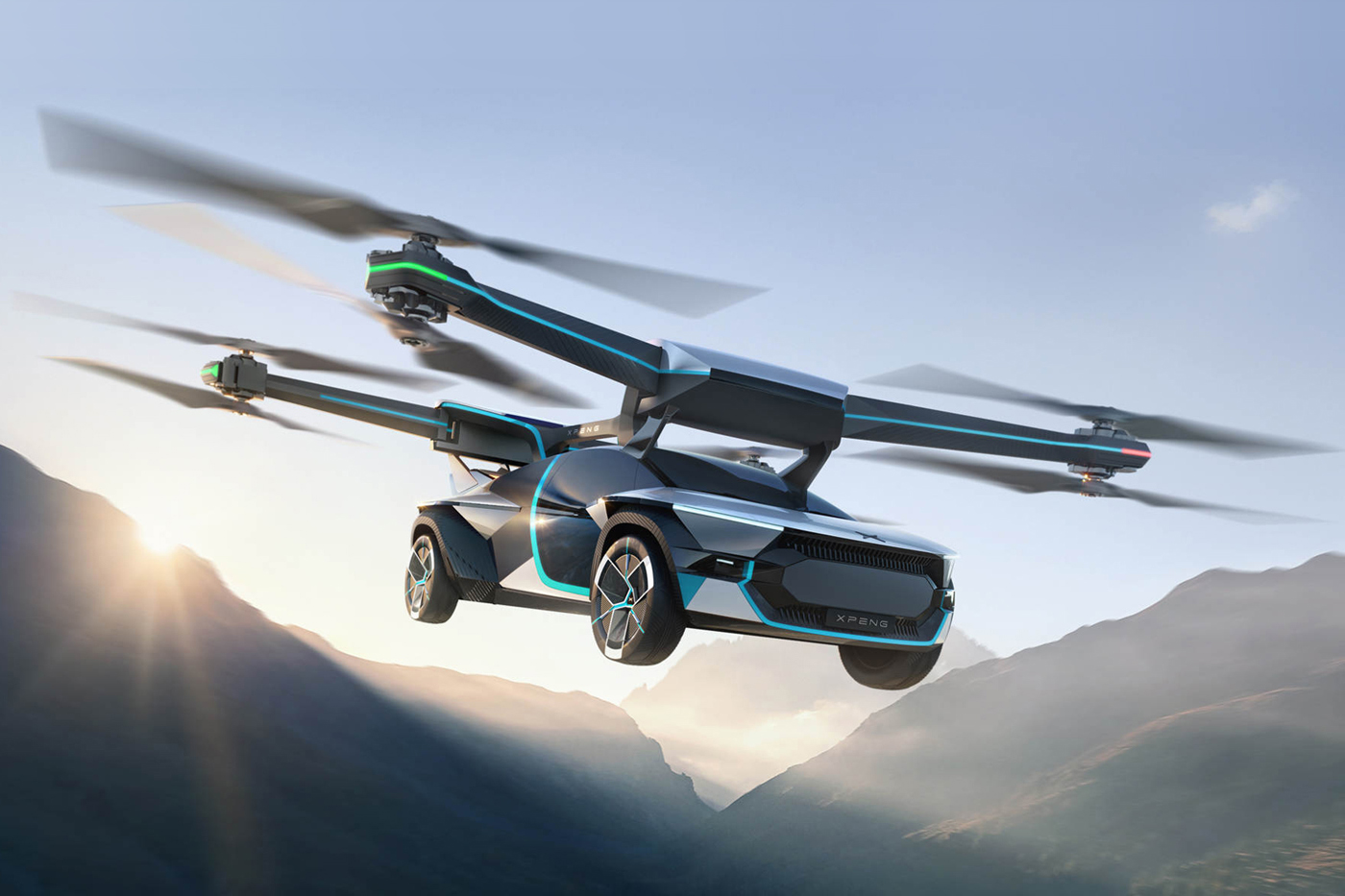
The push into flying cars reflects a growing ambition at XPENG to not just compete in the EV market, but to take a leading role in shaping the future of global transportation, both on the ground and in the sky. With flying cars and autonomous driving systems on the horizon, XPENG is positioning itself at the forefront of a transportation revolution.





